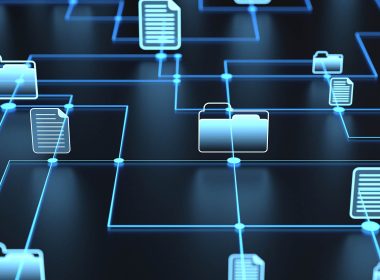Snapshot
- This article is the final part of a three-part series on how lawyers can build trusting relationships with their clients and colleagues when working in online or hybrid arrangements.
- This part focuses on trust between supervisors and grads or novice lawyers, and how this relationship is challenged by being online.
- Effective supervision must serve three essential functions: educational, monitoring, and interpersonal support – and this article provides strategies to achieve each during remote supervision.
This article is the final part of a three-part series examining how lawyers can foster trusting relationships with their clients and colleagues, in this case, with their new graduate recruits, particularly when working online or in hybrid (online and face-to-face) (‘FtF’) arrangements. The series draws on the 2022 Future of Law and Innovation in the Profession stream (‘FLIP’) research into the topic.
In this piece, our focus is supervision, and the challenges and affordances of it being online or partially online. Supervision has always been an essential part of the legal profession, serving as a primary means by which junior lawyers develop professional ethics, independence and competence—all integral qualities of a trusted professional. Its success is also associated with a new lawyer’s wellbeing. In Australia, legal professional legislation mandates a two-year period of supervised legal practice (‘SLP’) after admission. SLP acts as the third stage of legal education (after law school and practical legal training) and transitions graduate or novice lawyers (‘grads’) into professionals. Principals with designated responsibility (‘carriage’) of matters are required to exercise reasonable supervision over employees. The Law Society of New South Wales provides supervision guidelines for remote supervision arrangements to help lawyers consider whether their arrangements meet the regulatory definitions and requirements of SLP (see section 6 of the Legal Profession Uniform Law (NSW) and Rule 7 of the Legal Profession Uniform General Rules 2015). Law practices are advised (and where supervision will be conducted exclusively remotely or external to their employer, mandated) to create a remote supervision plan that outlines how being online will impact such matters as:




